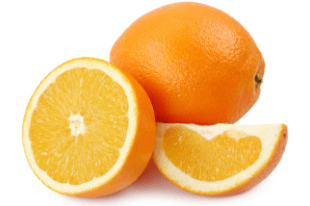To retain its youthful appearance, our skin incorporates a number of antioxidant defenses. With age, these defenses become less effective. For example, our levels of co-enzyme Q10 decline from our mid-thirties onwards. This decline is fastest in those who repeatedly expose their skin to sun and smokers, who essentially age faster. Supplementing with specific antioxidants can help protect our skins from oxidative stress and be beneficial in slowing the external signs of aging.
Antioxidants shown to improve the appearance of fine wrinkles and skin elasticity when taken as oral supplements include:
- Vitamin E
- Vitamin C – higher doses of vitamin C may help reduce skin wrinkling
- Carotenoids, including lutein, lycopene and zeaxanthin
- Lipoic acid
- Soy isoflavones – regular oral supplements (40mg daily)
- Proanthocyanidins and flavonoids in grapeseed–these anti-inflammatory antioxidants reduce capillary fragility and inhibits the breakdown of connective tissue when used regularly (6g/day)
- Polypodium leucotomos fern extract
- Pycnogenol ® – extracted from pine bark is a potent antioxidant. It is often confused with pycnogenols contained within grapeseed or other plants
Because of the important role of oxidative stress in skin aging, almost every cosmetic now contains some antioxidants. The thing to look for is evidence that these products reduce the effects of UV damage (for example, by reducing the amount of damaged DNA) when used as the manufacturer intends, on the kind of skin it has been developed to protect – not just on the hides of lab mice. Be wary about believing in every marketing claim and ‘miracle in a jar’. Ensure the products we choose have sufficiently high concentrations of their purported active ingredients (where these are known); if this isn’t stated, ensure the ‘active’ ingredients are listed in the top two-thirds of the ingredient list (preferably, higher). Ingredients listed in the final third of the label list are probably present only in very small quantities.
Only a small number of topical antioxidants have been shown in clinical trials to reduce signs of skin ageing and wrinkles. These include:
- Retinoic acid, also known as tretinoin
- Retinol and retinal (vitamin A)
- Vitamin C
- Polypodium leucotomos fern extract (P. leucotomos)
- Coenzyme Q10 (or Ubiquinione)
- Proanthocyanidins
- Polyphenols
Excerpt from Fast Living, Slow Ageing.
Last Reviewed 03/Mar/2014
Dr Merlin Thomas
Latest posts by Dr Merlin Thomas (see all)
- How to increase DHEA levels - 28/09/17
- Testosterone supplement benefits & risks - 11/07/17
- Health effects of tea & coffee - 10/07/17






